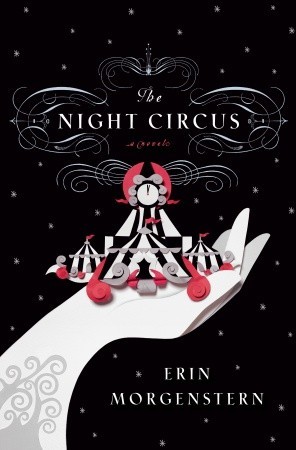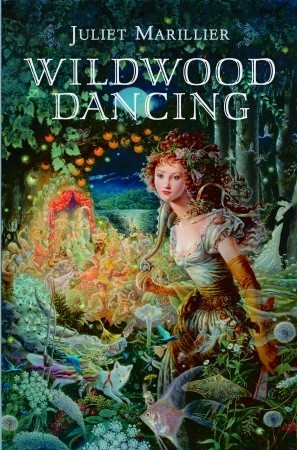Day 31 (or maybe 28?):
Sore and crampy. Blech.
I stretch and climb out of bed. I’m giving it three more
days. Three more days and I’m taking a test, just to get it over with so I can
accept that my body has just come up with a new way to torment me. I mean
seriously, I don’t think I’ve ever in my life prayed that my period would
actually come sooner, but it’s
getting a little old sitting around and waiting. And I can’t even count it
right, what with that weird, stuttering period last month. Did it start on
Tuesday or Friday? What is going on when I can’t even figure out when my period
started?
Maybe this month I’ll get a 33-day cycle or something fun
like that, just to mix things up a bit. I’ve been trying to be not cranky, to
just be grateful that my body works, at least fairly well. To be glad that the
endometriosis (maybe) and tiny fibroid (or is it a polyp? or just a mysterious
shadow on the ultrasound?) are not cancerous, are not even remotely serious.
All they do is cause me some annoyance, some pain (how bad on the scale of one
to ten? they ask; well, I’ve done natural childbirth, so . . . not that bad).
Oh, and apparently they make it kind of hard to get pregnant.
Oh, and apparently they make it kind of hard to get pregnant.
My daughter strolls into the room as I’m getting dressed for
the day. I hug her tight and give her a good tickle. Life is good. I’m just
tired of the doubt.
Day 32 (29?): Sore and
crampy. Blech.
I’m beginning to doubt that keeping a log of my menstrual
cycle every morning is going to do anything for me other than make me crazy. Do
I really need to analyze every sneeze-induced muscle cramp? (Note to my round
ligaments: You’re only supposed to feel this way if I’m like six months
pregnant.) It’s not like taking notes is going to magically change anything
(except, apparently, my sanity).
I looked in the mirror last night, and my cheeks were rosy. Another
pregnancy symptom. Just like everything ever—every
weird twinge, craving, gastrointestinal event, sore spot, and whatever else is
someone’s pregnancy symptom. And they’re pretty much all PMS symptoms too. Still,
the rosy cheeks—never had that before. But I’m freezing cold. I mean, really
really cold. That’s definitely PMS talking. Really, I’m just tired of the
months of wondering, overanalyzing, thinking maybe everything could be a sign.
Thinking maybe this time. And always being wrong and feeling dumb. And let’s
not forget cranky.
Stupid period, please just come and put me out of my
uncertain misery. I know I’m not pregnant. Just come confirm it.
Day 33 (30?): Sore and
crampy. Blech.
Okay, that’s it. The moment I wake this morning, I decide
that it’s ridiculous to stay on this little merry-go-round of wondering for the
three bucks it costs to buy a test. I’m just gonna buck up, do it, and then
when it’s negative, I can wait patiently a little longer. I can schedule that
“elective surgery” to maybe clear out whatever gunk is causing problems, and
most of all I can go back to knowing I’m not pregnant, this time with no
doubts.
So I head for the bathroom.
I dip the little stick, try not to think about what’s in the
cup I’m holding. Oh for not having to think about pee. Some days it feels like it’s
all pee. Reminding my older daughter that she needs to go pee. NOW. Dealing
with my younger daughter’s pee, with her still deciding whether she wants
panties or diapers. And now mine.
Count to five. Done.
The instructions are always so lovely and specific. Dip. Set
down on level surface. I wonder briefly how slanted the surface would have to
be to skew results. Now I watch. “DO NOT READ RESULTS AFTER THREE MINUTES,” the
box always yells at you. So my husband’s trusty watch sits beside the stick,
also watched. Har har har. Watched.
Oh good, there’s the little line creeping across the results
window. There it is, crossing the test line (that shows that you haven’t
completely screwed up the test). Crawl crawl crawl, up the stick.
I blink.
I squint and blink again. Something like a gurgle of
amusement, hysteria, and disbelief exits my lips.
Oh.
Day 34 (weird that it
counts as the same day, even though it’s completely different): Sore and
crampy. Hooray?







